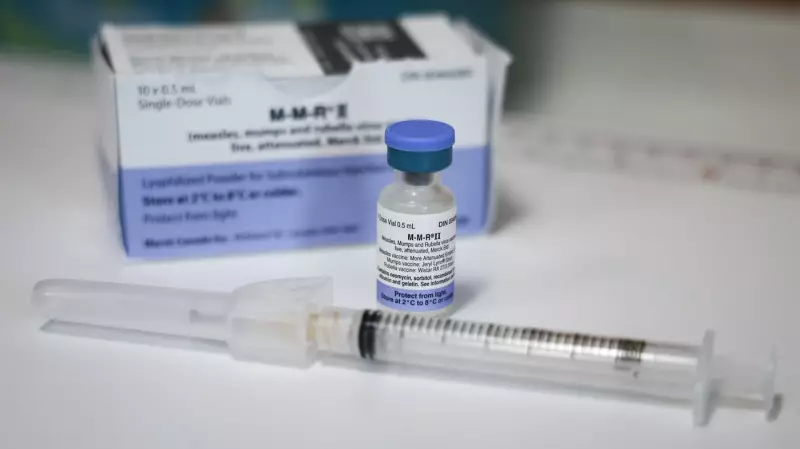
Canada's Hard-Earned Measles Elimination Status Lost
Canada has officially lost its measles-free status, a development that health experts describe as disappointing but not surprising. The country had previously achieved the World Health Organization's measles elimination designation in 1998, maintaining it for over two decades through consistent vaccination efforts and public health measures.
The loss of this status comes after multiple measles outbreaks occurred across Canada in recent months, demonstrating that the virus has reestablished endemic transmission within the country. This reversal represents a significant setback for public health officials who had worked diligently to control the highly contagious disease.
What Drove the Setback?
According to infectious disease specialists, the primary factor behind Canada's lost measles-free status is declining vaccination rates in certain communities. The measles, mumps, and rubella (MMR) vaccine coverage has dropped below the 95% threshold needed to maintain herd immunity in some regions, creating pockets of vulnerability where the virus can spread rapidly.
Public health experts point to several contributing factors, including pandemic-related disruptions to routine childhood immunizations, vaccine hesitancy, and missed opportunities for vaccination in underserved communities. The situation has been exacerbated by increased international travel, which has introduced measles cases from countries where the disease remains endemic.
Dr. Isaac Bogoch, an infectious diseases specialist at Toronto General Hospital, commented that "this development was entirely predictable given the vaccination gaps we've observed in recent years." He emphasized that measles is one of the most contagious diseases known to medicine, with each infected person potentially transmitting the virus to 12-18 others in susceptible populations.
The Path to Regaining Elimination Status
Regaining measles-free status will require a coordinated national effort to boost vaccination rates and strengthen public health infrastructure. Health Canada and provincial health authorities are now developing comprehensive catch-up vaccination campaigns targeting under-immunized communities and age groups.
Public health units across the country are implementing enhanced surveillance systems to quickly detect and contain measles cases. This includes more rigorous contact tracing, rapid laboratory testing, and immediate public notification of exposure risks.
However, some experts express concern about whether sufficient leadership and resources exist to mount the necessary response. Rebuilding public trust in vaccination programs and addressing misinformation will be critical components of any successful strategy to restore Canada's measles elimination status.
The situation serves as a stark reminder that vaccine-preventable diseases can quickly reemerge when immunization rates decline. Health officials urge all Canadians to verify their vaccination status and ensure they and their families are up-to-date with recommended immunizations, particularly the MMR vaccine.






